Summer is a time of rest and vacation, but also is a time to prepare for the activities of the following months, especially when people start a new mission or a new assignment. So also this summer the Novitiate welcomed 17 Jesuits in formation, who were sent by their respective provinces to study Italian, before starting in Rome either their universitary studies or their apostolic mission.
The Jesuit scholastics who participated in the language course are mainly from outside Europe and, increasingly, the Indo-Asian component is prevalent. We believe it is significant to spend this month studying the language in the novitiate: as those who make their first stop in the Company learn the rudiments here and take their first steps, so even these companions, later on the path, face in a new country and a new culture. The presence of the novices who alternate in the tutoring service, sometimes transforms the hours of tutoring into real spiritual conversations, or reciprocals intercultural exchanges , which further enrich the time invested in learning / teaching Italian. Furthermore, the welcome and personal care that the novitiate community can offer help to get used to a new rhythm of life, a new climate, a new type of cuisine. The effort to try to understand and take understandable a new language is close to the effort that we encounter in the first months of the novitiate to learn many “Jesuitisms”, that are those terms of our spirituality or of our Constitutions that initially could appear obscure. The desire for a new stage of the life and the humility to question oneself are required both to those who want to approach a new culture, and to those who verify their call to religious life.
All these components have accompanied our students of the Italian language in these weeks, in which they were committed to know not only the grammar rules, but also the uses, the traditions, the idioms and some Italian cities. We would like to emphasize that learning was not one-sided: one of the riches that life in the Company gives you is to get in touch with many people from different cultures, recognizing with them common points, but also specific traits. The biggest challenge – but also what gives greater consolation – for those who coordinate a course like this is not so much to teach the language or to take care that everything is in order, but to create the conditions so that, despite the cultural and character differences of the participants, it is possible to establish a climate of communion and fraternity, without which it becomes much more difficult to get involved and it increases the effort to learn. In building a community all of us are always a bit “novices”, because there is no instant recipe, but it is an art that requires a common effort. And what made it possible to reach this climate was precisely the time given freely by everyone – the novices, the formators, and, of course, the students -, regardless of waste.
Going to Rome and Turin, at the end of this course, the heart is full of gratitude for the journey shared with so many confreres in various stages of their formation; and the hope is that, apart from boring grammatical rules, will remain imprinted the built fraternity.
Ivan Agresta SJ and Andrea Marelli SJ, coordinators of the Italian course
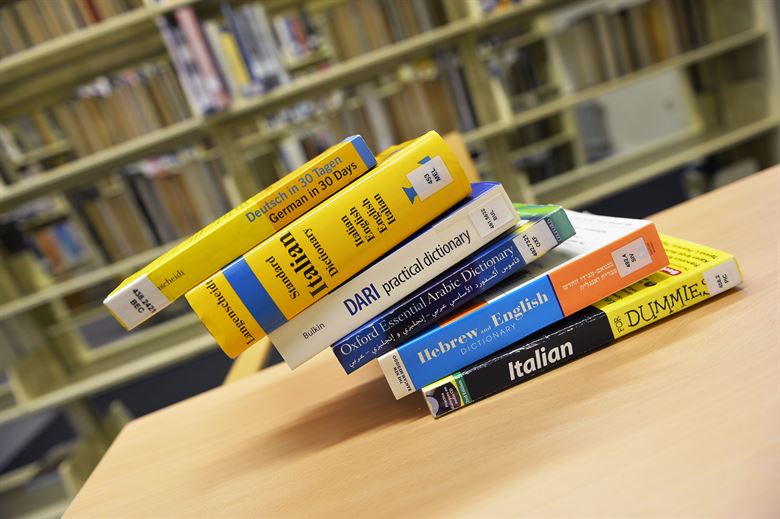
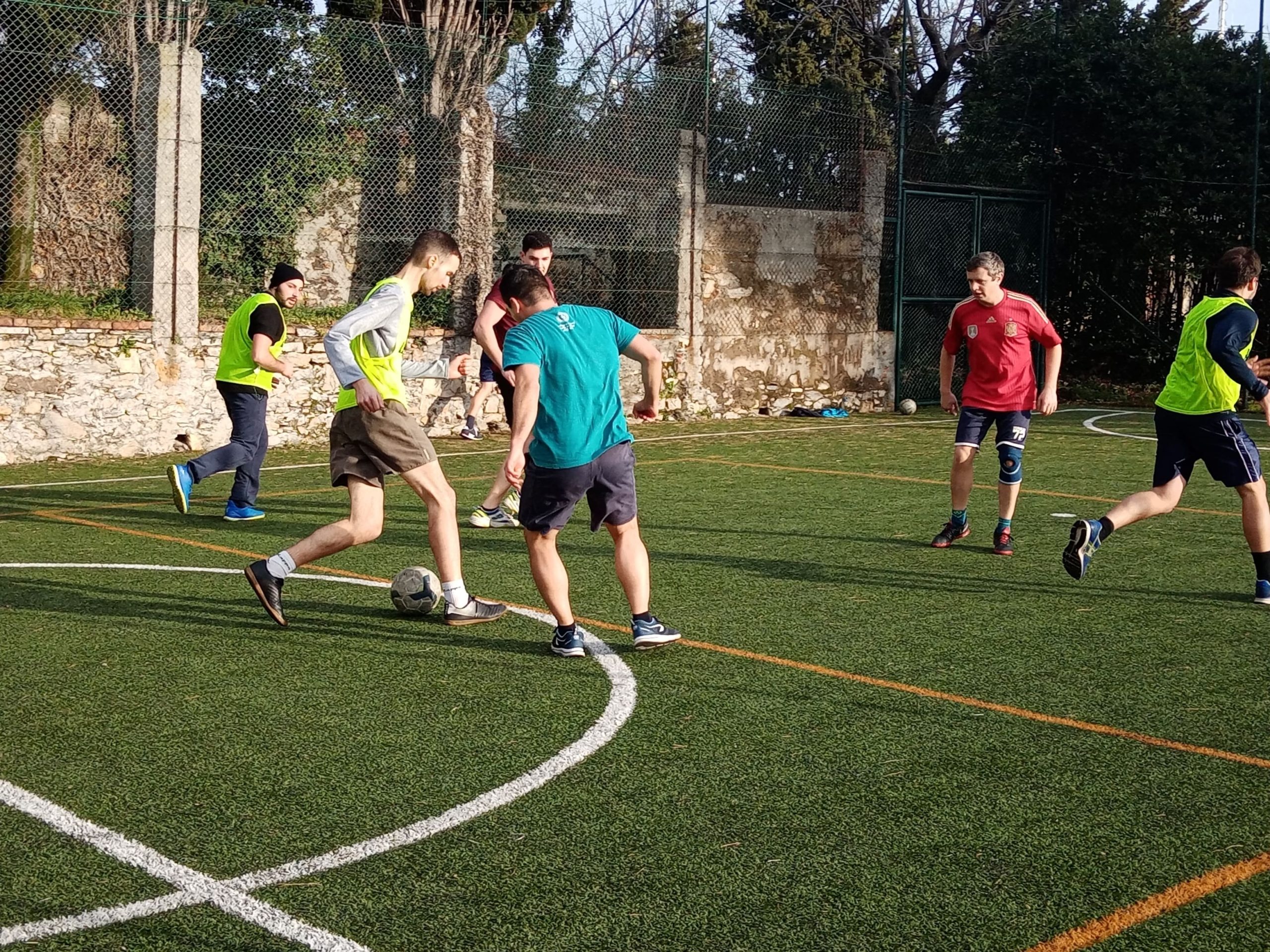
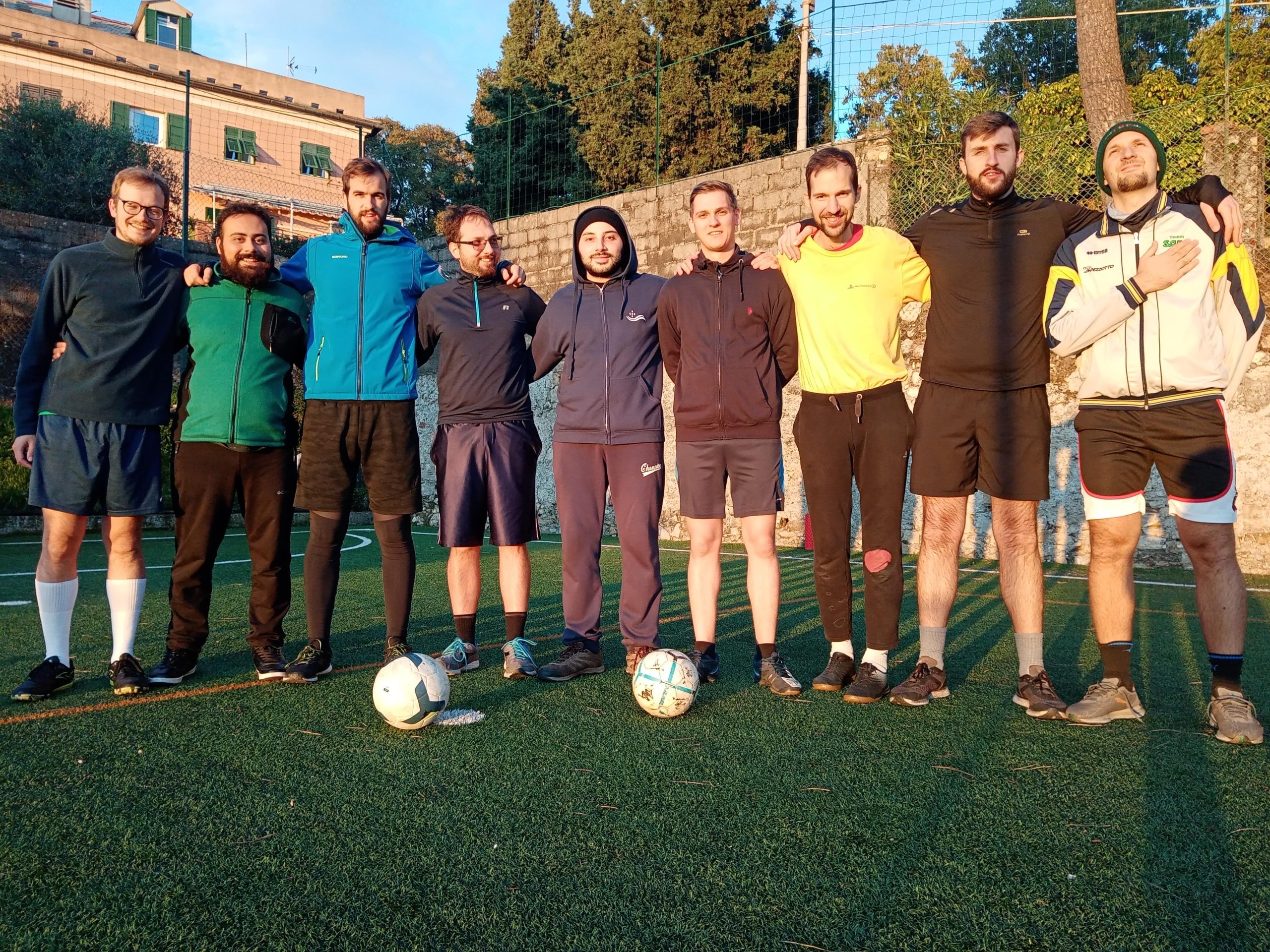

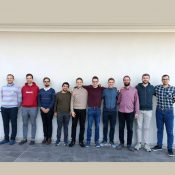



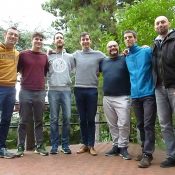


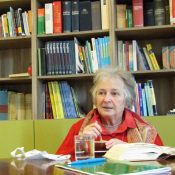
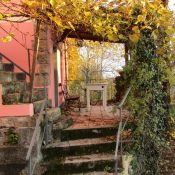
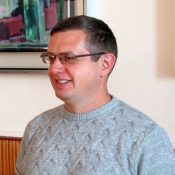

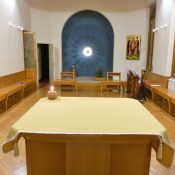



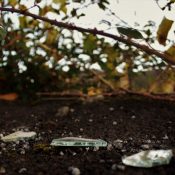
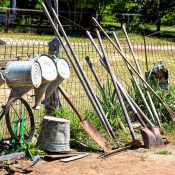
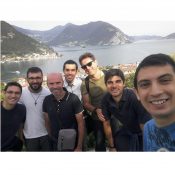










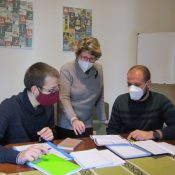


Comments